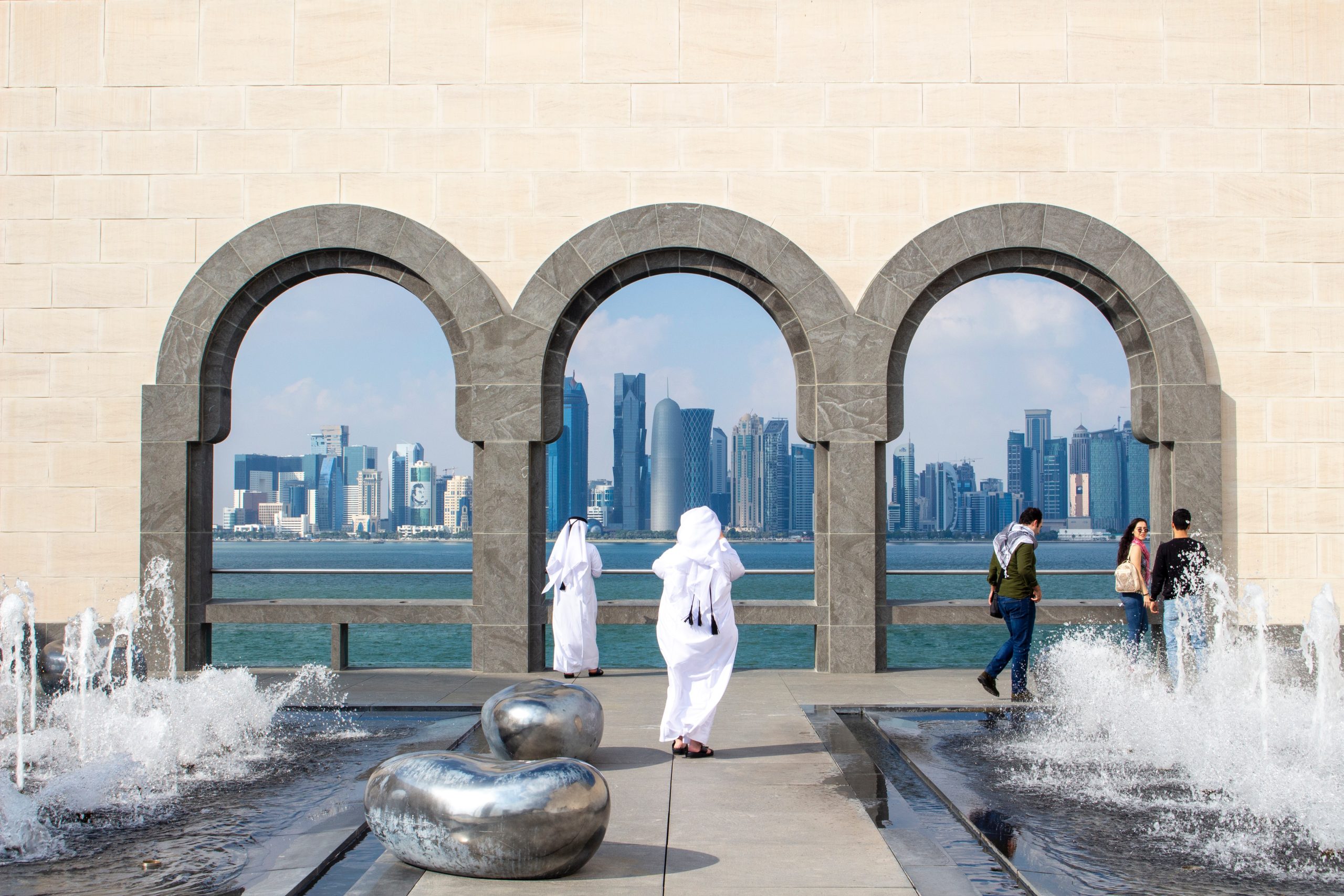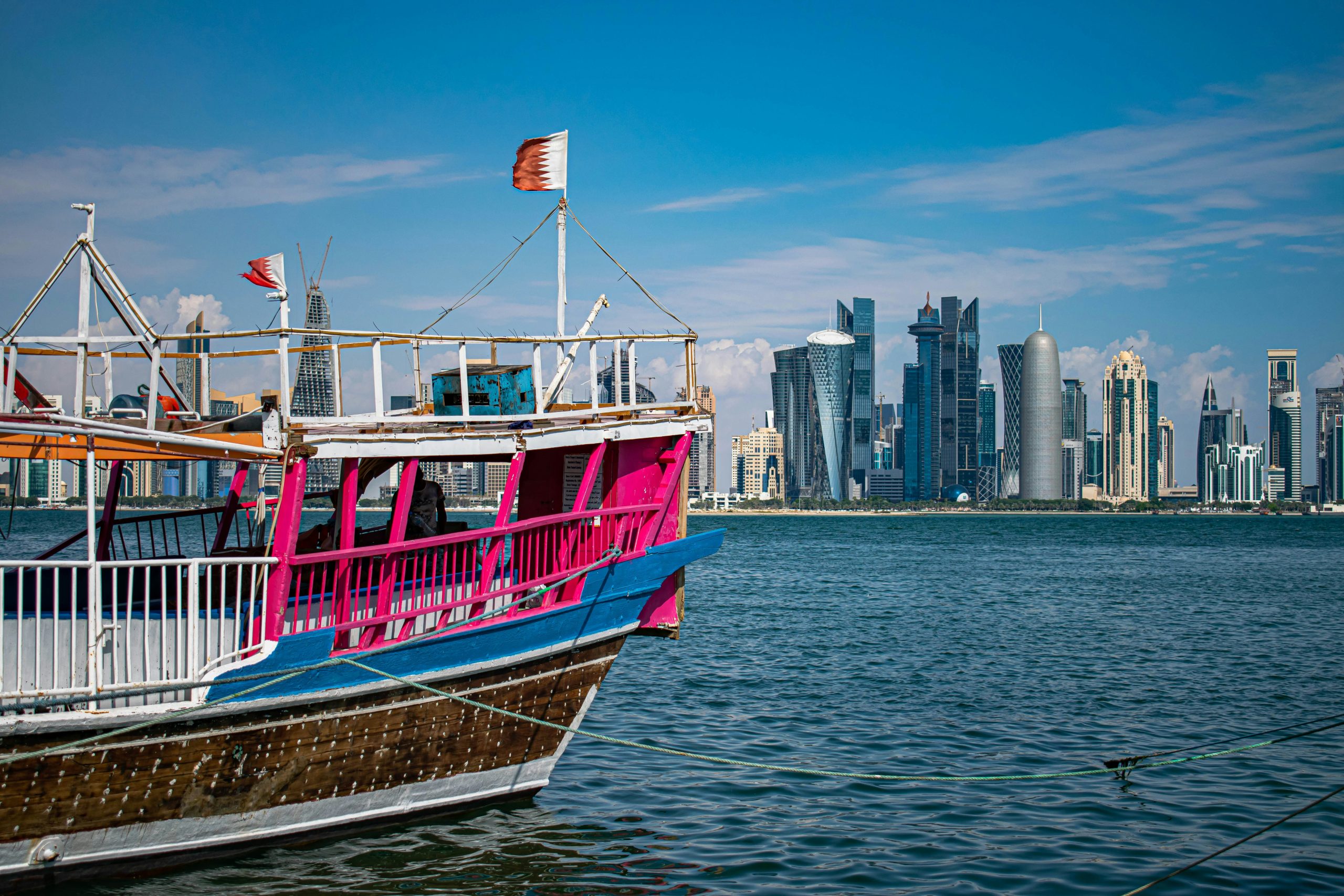
Qatar’s population increased by another 50,000 people last month, bringing it to another record high and as close to the 2.5 million mark as it will likely get before the New Year.
There were approximately 2.46 million people in Qatar at the end of November, up from 2.41 million a month earlier, according to a preliminary estimate by the Ministry of Development Planning and Statistics.
That’s an increase of roughly 8.5 percent – or more than 193,000 people – since November 2014.
That rate is among the lowest year-over-year increases Qatar has seen in the past 12 months, but still classifies the Gulf nation as one of the fastest-growing countries on the planet.
With preparations for the 2022 World Cup nearly in full swing, government planners are predicting the country’s population growth to slow and eventually peak in early 2017.
Expat turnover
MDPS bases its figures on a simple count of the number of people within the country’s borders at a given time.
Because so many people travel in December and early January, the November figures are likely to be the highest Qatar will see in 2015.

The population estimates only show the net number of new people in Qatar each month.
However, the absolute number of new residents arriving at Hamad International Airport for the first time can actually be much higher.
That’s because many of them are replacing the thousands of expats who leave the country for good each month.
There is considerable turnover within Qatar’s expat population, government data suggests.
The equivalent of more than one out of every 20 Qatar residents canceled their residence permit over the last year, according to details on the number of electronic transactions using the government’s Hukoomi service.

While not all these individuals were necessarily replaced, this turnover has significant implications for Qatar’s economy given that employers frequently cite employee recruitment and training as major costs that harm the country’s competitiveness.
The increase in the number of canceled residence permits this year has largely paralleled the country’s overall population growth, but there was a significant year-over-year spike this spring when several major energy companies including Qatar Petroleum laid off thousands of employees.
More layoffs are expected in the coming weeks as RasGas and Maersk Oil reduce their employee headcount.
Exceeding expectations
Because growth forecasts for Qatar were prepared before the country was named host of the 2022 World Cup, the sudden spike in the population caught government planners off guard.

They predicted that there would be fewer than 1.9 million people living in Qatar by 2016.
Much of the country’s rapid population growth can be attributed to a massive influx of blue-collar expats who have been hired to construct new highways, rail lines, hotels and stadiums for the football tournament.
However, these projects also require legions of engineers and other skilled workers to move to Qatar. These employees bring their families to the country, and in turn increase the demand for teachers, doctors, retail managers and other professionals.
Outside Doha
The unexpected and rapid increase in the population has placed a considerable burden on Qatar’s road network, creating stiff competition for school spaces among parents and led to a shortage of affordable housing.
To help reduce the strain on services in Doha, government planners have been encouraging residents to live outside of Qatar’s capital.
Authorities have been constructing new homes, schools and cultural attractions, as well as expanding hospitals, to make communities such as Al Wakrah and Al Khor more attractive.

Those efforts appear to be paying off. According to new census figures, the country’s population has become more dispersed, with 65 percent of the country’s residents now living in either Doha or Al Rayyan, down from 75 percent in 2010.
Officials at the Ministry of Development Planning and Statistics have previously said they expect Qatar’s population will keep climbing until early 2017 when the most labor-intensive components of the country’s World Cup preparations are completed.
After that, the services of many expats will no longer be required and they’ll be expected to return home, according to Saleh bin Mohammed Al Nabit, Qatar’s minister of development planning and statistics.
“All migrant workers come to the state to (perform) specific tasks and duties. Their contract ends when their duties end,” he said during a lecture at Carnegie Mellon University in Qatar last month.
Thoughts?







